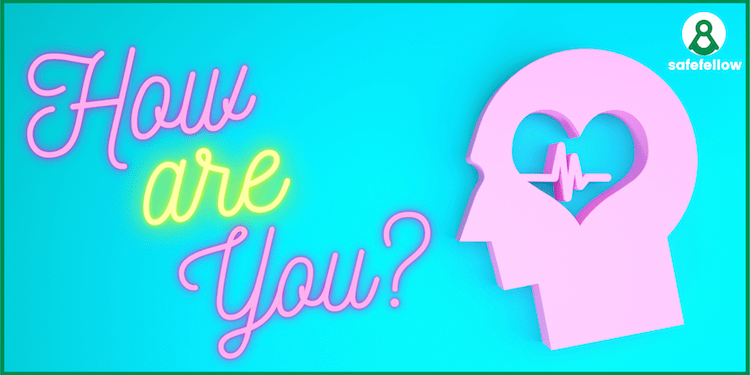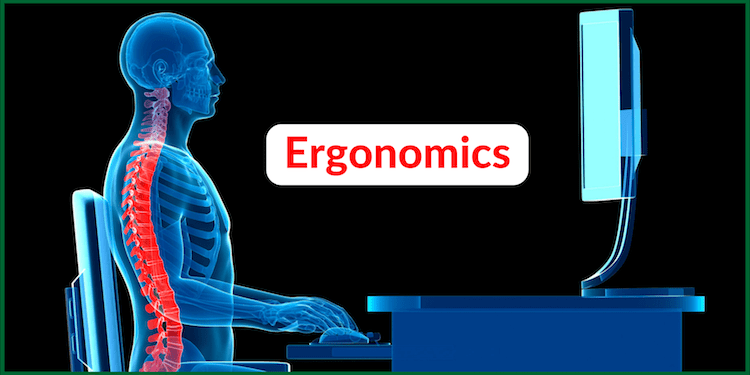What is Mental Health?
Mental health is vital, and taking care of our mental health should be of prime importance.
Our mental health directly influences our actions, thoughts, and many more.
Mental health is essential, just as every aspect, like physical and physiological health.
A human’s emotional, behavioral, and social well-being is considered mental health. Thoughts and actions will alter when mental health is affected negatively.
What is Mental Illness?
A downfall in mental health affects a person’s social, behavioral, and thinking abilities to change, and such an individual won’t be able to interact or function normally.
And the conclusion will point toward a medical disorder, i.e., mental illness.
Contributing Factors to Mental Illness
● Biological
Examples include gene alteration, prenatal damage, infections and infestations, general sickness, brain defects, e.t.c.,
● Pharmacological
Include inappropriate use of medications, substance abuse, misuse, or adverse effects of drugs, which are inevitable.
● Genetic
Hereditary characteristics passed on in an individual cannot be avoided.
● Life Experience
Mental trauma can directly lead to mental illnesses.
Signs and Symptoms that Indicate Mental Illness?
Sometimes early detection of mental illness signs and symptoms can be a safety measure. Giving initial and immediate medical attention can prevent mental illness from aggravating.
Unfortunately, some individuals believe mental illnesses do not exist and that it is a myth or spiritual attack, incurable with the help of a health professional.
Others considered mental illness a minor ailment that might resolve naturally without medical attention.
Common signs and symptoms of mental illnesses often overlooked are social isolation, excessive tiredness, low self-esteem, and mood swings.
Below are other mental illnesses explained with the associated signs and symptoms.
● Depression and Anxiety
Depression and anxiety are prevalent forms of mental illnesses commonly ignored just because anyone with life’s ups and downs can suffer from them.
Anxiety stems from recent incidents accompanied by nervousness and restlessness.
However, when depression symptoms persist, it can lead to clinical depression and requires treatment.
The symptoms include sadness, loneliness, fatigue, worthlessness, helplessness, etc.
If the symptoms remain untreated, the individual can harm themself.
● Attention Deficit Hyperactivity Disorder
A patient with ADHD has difficulty focusing and giving persistent attention to a thing.
The patient fidgets most time and exhibits signs of nervousness.
Also, the patient might show extreme hyperactivity, such as being unable to sit in a place for a long time. As often seen in children.
● Insomnia
It is a common sleep disorder that makes falling or staying asleep unattainable for a person suffering from it. Insomnia can be drug-induced or caused by a stressful event(s).
● Addiction
Addiction is when a person is exposed to a particular substance and unable to withdraw from its usage.
Addiction starts as a habit but becomes a disease dependent upon human physical and mental functions.
● Post Traumatic Stress Disorder
PTSD usually happens after a traumatic or profoundly saddening situation or event.
People who have PTSD complain about nightmares, flashbacks, and severe anxiety.
Managing Mental Illness?
● Professional Counseling
Professional counseling can prevent the furthering of the illness; however, people often avoid counseling because mental illness is a stigma in the societal realm.
One should seek professional help the most whenever in a mental health crisis.
● Medication Adherence
Once the psychiatrist prescribes medicines, it is your duty as a patient to stick to the medication therapy for better management.
Many patients opt out of pharmacotherapy because they do not want people to know about their mental health medicines.
● Support Groups
Many support groups allow patients to listen to others who are mentally affected or depressed.
These support groups help each other fight and overcome the illness with motivation. You can often get referred to such support groups through your health professional.
● Electroconvulsive Therapy ECT
This therapy is strict for mentally ill patients who do not respond to other forms of treatment.
The ECT procedure involves the utilization of electric stimulation given to specific parts of the brain.
● Other Therapies
Other therapies include speech, cognitive, behavioral, psychodynamic, humanistic, and holistic treatment, e.t.c.,
According to experts and statistics, these therapies have significantly improved the response of patients with mental illness.
Preventing Mental Illness?
Here are a few preventive measures to care better for your mental health:
● Consult Medical Professionals
Supposedly, if you haven’t been feeling well emotionally and mentally, this is when to consult with a health professional.
The earlier the detection of the illness, the more reversible it is.
At times, early mental illness stages only require psychotherapies and minor lifestyle changes that do not require regular clinical check-ups.
● Talk to Loved Ones (Family, Friends, Colleagues)
People with mental illness often prefer to stay mute because of fear of being judged.
At times, we need to open up to our loved ones and have someone to talk to and get support.
Always remember, “A problem shared is a problem solved.”
● Physically Active
Research shows that physical activity can do wonders. People who remain physically active and are involved in recreational sports are less prone to mental illness.
● Eating Healthy
A good diet that includes all portions of nutrients is essential for mental health.
Statistics show that people who consume fewer vitamins, especially vitamins B and C, often show symptoms of depression. Omega-3, minerals, and antioxidants are equally important—people attempting weight loss become deficient in carbohydrates which triggers mood disorders.
● Take Frequent Breaks
Monotonous tasks and uninterrupted persistent work can cause anxiety and symptoms of stress.
Restlessness and hopelessness are more observed in people who do not have any recreational and relaxing activities included in their life.
Taking a break and using the natural environment is essential since life has more to give besides work.
Do you enjoy this reading? Kindly share with family, friends, and colleagues. Thanks 🙂



